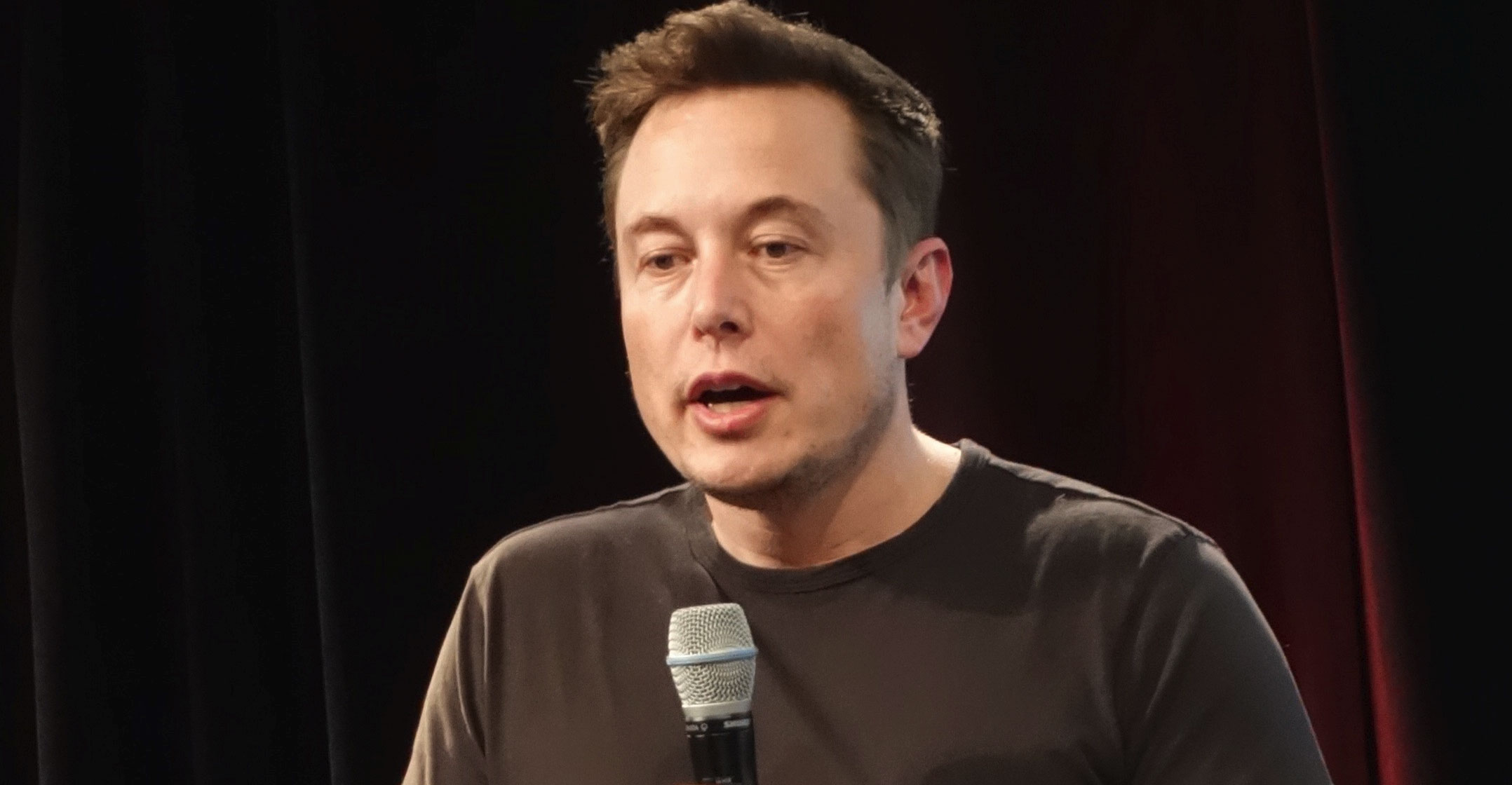
Elon Musk’s ambitious plan to surround the Earth with thousands of Internet-beaming satellites is encountering turbulence from regulators concerned about interference with competing systems.
SpaceX, the rocket start-up Musk runs, filed for permission for its constellation of refrigerator-sized satellites late last year. Selling broadband from orbit is a key part of how SpaceX plans to make money beyond its original rocket-launching service.
But the US Federal Communications Commission is poised to deal the project a setback with a decision that could force power reductions on SpaceX satellites, and potentially limit the spectrum they can use, making them less effective.
The regulator will in part defer to the International Telecommunication Union, an agency of the United Nations, on how these new satellite systems need to coordinate and share spectrum, according to a draft set of rules set for a vote on Tuesday. The package is likely to pass as it’s backed by FCC chairman Ajit Pai, who leads the agency’s Republican majority.
The FCC said it’s establishing rules in response to proposals for a new generation of communications satellites, which will be arrayed in constellations of hundreds or thousands of orbiting devices. Proposals have come from companies including closely held SpaceX and Boeing, which envisions a fleet of 2 956 satellites. OneWeb, a company that counts Qualcomm and Virgin Group among its investors, requested permission to access the US market with thousands of satellites authorised by the UK.
The ITU works on a first-come, first-served basis, so operators that already secured spectrum for their constellations have priority when satellites inevitably line up with each other in space and their beams cross, threatening to cause interference. This means SpaceX will have to coordinate with rivals such as OneWeb and Telesat, which are closely held.
‘Major defeat’
When the FCC proposed the ITU role in early September, it was described as a “major defeat” for SpaceX by satellite industry consultant Tim Farrar, who has advised several rivals of the start-up.
OneWeb, also backed by SoftBank Group, has priority in one band of spectrum outside the US, while Telesat has priority in another band in some parts of the world. This means SpaceX will have to restrict the power of its satellites’ signals in some cases, and possibly limit the frequencies it uses, making “it very difficult for SpaceX to provide an economically viable service outside the US,” Farrar said.
SpaceX spokeswoman Eva Behrend declined to comment.

Still, under ITU rules, satellite systems with spectrum priority can’t just block or ignore the other networks and must work out technical and operationally feasible solutions, according to a person familiar with the organisation. Priority doesn’t mean exclusivity and it’s not a permanent designation, the person added. The person asked not to be identified interpreting how the rules apply to specific companies.
There will likely be some good news from the FCC for SpaceX’s project, too. It’s expected to ease requirements for how quickly satellite constellations must get their services up and running, giving companies six years to deploy half their satellites and another three years to complete their constellation. Previously, the agency required all the satellites to be deployed within six years.
SpaceX had asked for a waiver so it could deploy 1 600 of its satellites initially, and later launch 2 825 satellites after the six-year deadline, according to FCC filings. SpaceX argued that it could start its broadband Internet service without all of its constellation launched. Launching hundreds of satellites should be enough to show its not hoarding spectrum, the company said.
“Completing the full constellation over a six-year period would require a launch cadence of more than 60 satellites per month, beginning on the day the commission grants a licence,” SpaceX wrote in one filing. “This is an aggressive pace even for a company like SpaceX, which has demonstrated considerable launch capabilities.”
The FCC developed the rules so owners of valuable spectrum don’t hoard it and never use it for services.
SpaceX and the FCC have clashed over the risk of the company’s planned constellation. Using a Nasa software program, SpaceX estimated in 2016 that its system had at most a one-in-18 200 chance of injuring humans on Earth if satellites re-enter the atmosphere without burning up. That was better than Nasa’s one-in-10 000 requirement.
In March, Jose Albuquerque, chief of the FCC’s satellite division, wrote back to SpaceX saying that, in aggregate, the casualty risk was actually one in five for the whole constellation of 4 425 satellites.
SpaceX in a filing said buildings will provide some protection, reducing the casualty risk. The company also said it’s working to make its satellites more likely to burn up when they re-enter the atmosphere. — Reported by Alistair Barr and Todd Shields, (c) 2017 Bloomberg LP

